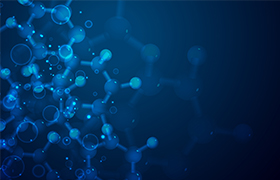
Biomarkers in Cancer Drug research

Though the government and pharmaceutical industry have greatly increased the investment in cancer therapeutics, the overall U.S. approval success rate for cancer therapeutics has remained low. The cost and time essential to evaluate and develop drug candidates have increased dramatically; the clinical phase of development can cost hundreds of millions of dollars and take nearly a decade to complete. Moreover, the failure rate of clinical trials has increased, with one half of oncology drugs entering phase III trials never making it to U.S. regulatory approval. To overcome these problems, biomarkers are integrated into the cancer drug development.?? Progresses are formulated in technology and genomic information which have stimulated the use of innovative tools, methods, standards, and approaches using biomarkers throughout the drug development process, through incorporation of cutting-edge science and evidence-based knowledge. Biomarkers are now used throughout the drug development process to better determine drug efficacy with fewer patients by identifying critical responder subpopulations and to provide early information about unpromising candidates such that a company can abandon its efforts sooner, saving valuable time and resources. Thus there is an upsurge in the use of biomarkers in cancer epidemiology.
Related Insights:
View All
Get more stories like this
Subscirbe for more news,updates and insights from Beroe






